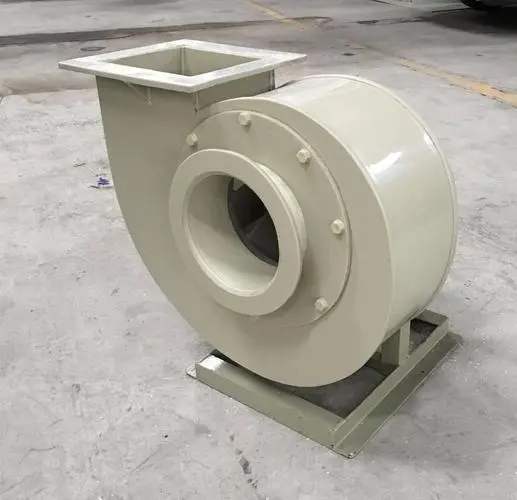clamps for tensile testers suppliers
Clamps for Tensile Testers A Crucial Component for Material Testing Suppliers
Tensile testing is a fundamental procedure in material science that assesses the strength and ductility of materials. It provides vital data for engineering applications, ensuring that materials can withstand specific loads without failure. A critical component of any tensile testing setup is the clamps used to secure the specimen during the test. This article explores the significance of clamps for tensile testers, the various types available, and how suppliers play an essential role in providing high-quality equipment.
The Importance of Clamps in Tensile Testing
The primary purpose of clamps in tensile testers is to hold the test specimen securely while it is subjected to extending forces. Proper clamping ensures that the load is uniformly distributed across the specimen. If the clamps slip or fail to grip the material adequately, it can lead to inaccurate results, which may misinform engineering decisions and material selections.
Moreover, clamps must also accommodate different specimen sizes and shapes, from thin wires to large sheets. Therefore, a versatile and adjustable clamping system is vital in laboratory settings where various materials are tested regularly.
Types of Clamps
There are several types of clamps used in tensile testers, each designed for specific applications and materials
1. Mechanical Clamps These are the most common types of clamps used in tensile testers. They function through screws or other mechanical devices that apply pressure to grip the material securely. Mechanical clamps can be adjusted to suit different specimen sizes but may require manual adjustment.
2. Pneumatic Clamps Utilizing compressed air, pneumatic clamps offer quick and efficient securing of specimens. They can apply significant force with minimal effort, allowing for rapid testing cycles. This feature makes them particularly useful in high-volume testing environments.
3. Hydraulic Clamps Similar to pneumatic clamps, hydraulic clamps use liquid pressure to achieve high clamping forces. They provide exceptional gripping strength and are suitable for heavy-duty applications. However, they can be more complex and require careful maintenance.
4. Universal Clamps These clamps are designed to accommodate various specimen shapes and sizes, making them highly versatile. They often feature interchangeable jaws that can adapt to different testing scenarios.
clamps for tensile testers suppliers

5. Custom Clamps Some suppliers offer custom solutions tailored to specific testing requirements. This is particularly advantageous for companies with unique materials or testing protocols, ensuring that they have the correct equipment for their needs.
Selecting the Right Supplier
Choosing the right supplier for clamps and tensile testing equipment is crucial. Suppliers should provide clamps that meet industry standards and are compatible with various testing machines. Here are some factors to consider when selecting a supplier
1. Quality and Reliability The clamps must be high-quality, durable, and reliable. A reputable supplier should offer products that have been rigorously tested and comply with industry standards.
2. Customer Support Good customer service is vital, especially when issues arise or when there’s a need for technical support. Suppliers should be knowledgeable about their products and provide assistance when necessary.
3. Customization Options Suppliers that offer customization can create clamps tailored to unique specifications, ensuring that every client’s needs are met.
4. Pricing and Warranty Compare prices across different suppliers to ensure you’re getting competitive rates. Additionally, product warranties can provide peace of mind regarding your purchase.
5. Reputation Researching a supplier's reputation through reviews and case studies can provide insights into their reliability and the quality of their products.
Conclusion
Clamps for tensile testers are an integral component of the material testing process. They ensure that specimens are held securely during testing, allowing for accurate assessment of material properties. With different types of clamps available, it’s essential to select the right one for specific applications and to work with reputable suppliers who can provide quality equipment and support. By investing in reliable clamps and effective suppliers, businesses can enhance their material testing capabilities and ensure reliable outcomes in their engineering projects. As material science continues to evolve, having the best tools at your disposal will remain critical in pushing the boundaries of innovation and quality assurance.
-
Why the Conductor Resistance Constant Temperature Measurement Machine Redefines Precision
NewsJun.20,2025
-
Reliable Testing Starts Here: Why the High Insulation Resistance Measuring Instrument Is a Must-Have
NewsJun.20,2025
-
Flexible Cable Flexing Test Equipment: The Precision Standard for Cable Durability and Performance Testing
NewsJun.20,2025
-
Digital Measurement Projector: Precision Visualization for Modern Manufacturing
NewsJun.20,2025
-
Computer Control Electronic Tensile Tester: Precision and Power for the Modern Metal Industry
NewsJun.20,2025
-
Cable Spark Tester: Your Ultimate Insulation Assurance for Wire and Cable Testing
NewsJun.20,2025
 Copyright © 2025 Hebei Fangyuan Instrument & Equipment Co.,Ltd. All Rights Reserved. Sitemap | Privacy Policy
Copyright © 2025 Hebei Fangyuan Instrument & Equipment Co.,Ltd. All Rights Reserved. Sitemap | Privacy Policy
